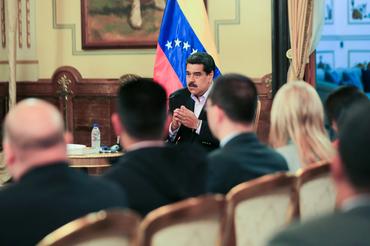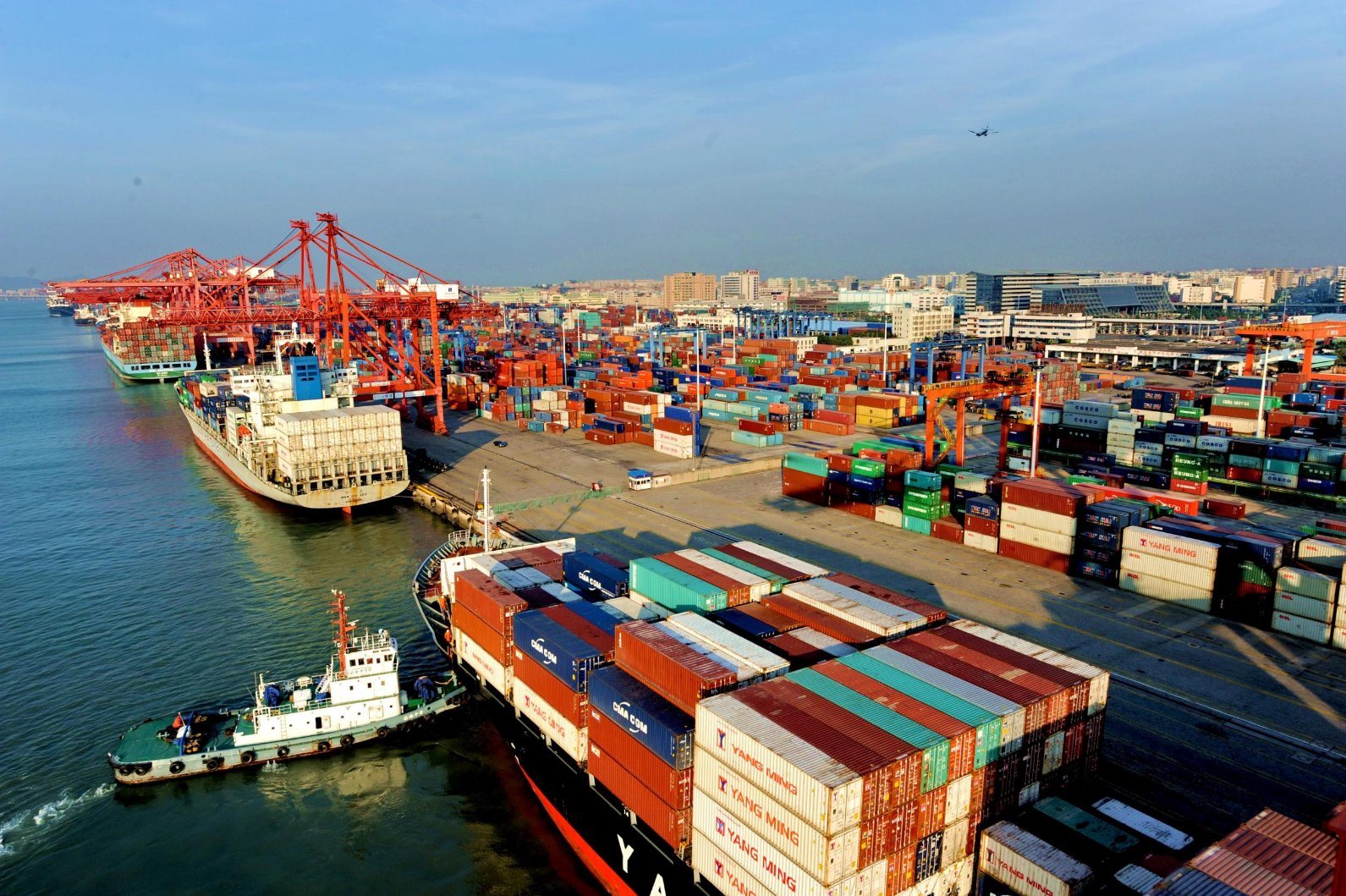Venezuela’s PDVSA bonds fall on U.S. sanctions, sovereign bonds gain
Share

Dollar-denominated bonds issued by Venezuela’s PDVSA came under pressure on Tuesday after Washington imposed sweeping sanctions on the country’s state-owned oil firm, while sovereign debt chalked up small gains.
The PDVSA 2026 bond slipped one cent to trade at 24.5 cents in the dollar, while the sovereign 2024 issue added 0.44 cents to 32.2 cents – its highest level in 15 months.
The curbs imposed by President Donald Trump’s administration are aimed at severely limiting the OPEC member’s crude exports to the U.S. and pressure socialist President Nicolas Maduro to step down.
Venezuelan opposition leader Juan Guaido, who proclaimed himself interim president last week with U.S. backing, said congress would name new boards of directors for PDVSA and its U.S. subsidiary, Citgo.
Venezuelans braced for the deepening of a brutal economic crisis on Tuesday after the United States imposed sanctions sharply curbing the country’s vital oil exports, while the socialist government responded by refusing to load crude cargoes without payment.
The Trump administration hopes the sanctions, which bar state-owned oil company Petroleos de Venezuela from collecting proceeds from crude sales to U.S. refineries, pressure President Nicolas Maduro to step down and allow opposition leader and self-proclaimed president Juan Guaido to call elections.
In a defiant national broadcast on Monday night, Maduro said he would take legal action to challenge the sanctions and defend Citgo Petroleum Corp, PDVSA’s U.S. refining subsidiary, which he accused the U.S. of trying to steal.
He also pledged to retaliate, but did not announce any specific measures.
“We will provide the reciprocal and convincing response needed to defend Venezuela’s interests in due time,” Maduro said.
PDVSA responded to the sanctions by ordering customers with tankers waiting to load crude destined for the United States to prepay, according to three sources with knowledge of the decision. Such prepayment could be in violation of the sanctions, setting the stage for a standoff at the ports.
The loss of revenue from the United States, the No. 1 buyer of Venezuelan crude, was sure to further hamper the government’s ability to import basic goods like food and medicine, exacerbating a humanitarian crisis that has prompted more than three million people to flee the hyperinflation-stricken country in recent years.
“If you do not find a place for that crude quickly, the room for maneuver will shrink and imports will be affected,” said Asdrubal Oliveros, director of Caracas-based consultancy Ecoanalitica.
Guaido, who argues that Maduro usurped the presidency on taking office for a second six-year term on Jan. 10 following a May 2018 election, considered fraudulent by the opposition, has said he was prepared to receive $20 million in humanitarian aid pledged by the United States.
He also moved to set up new boards of directors for Citgo and PDVSA, which could allow his parallel government to collect money held in escrow accounts in the U.S. (Reuters/NAN)














